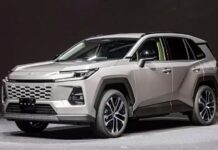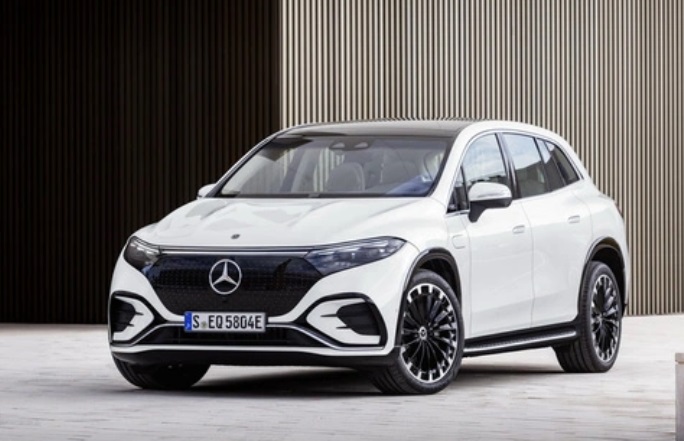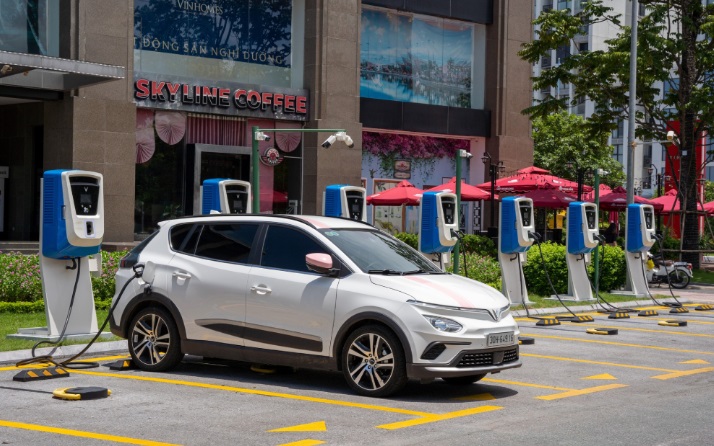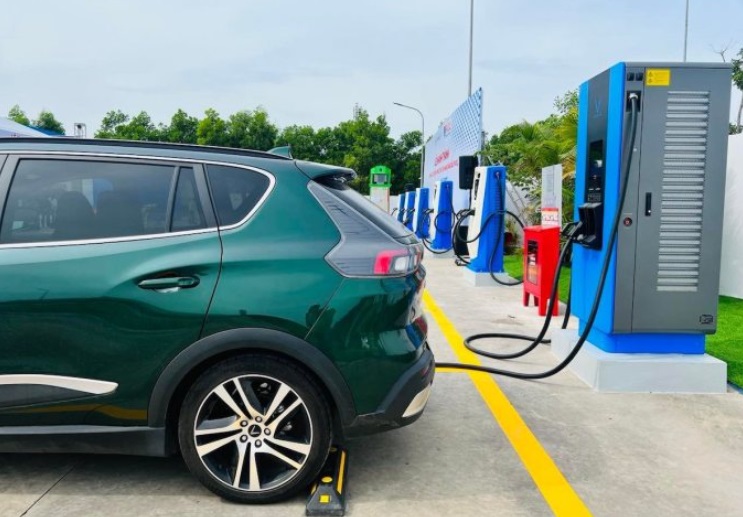Buying a used electric car can be a great cost-saving option for many, but it’s important to be aware of potential pitfalls to avoid financial and mechanical woes.
The most crucial aspect to consider when purchasing a used electric car is the condition of its battery. As the most expensive and vital component of an electric vehicle, assessing the battery health is key. The simplest way to do this is to fully charge the car and then compare the estimated range displayed on the information screen with that of a new car of the same model.
If the battery depletion is around 10-20%, resulting in an estimated range of at least 80% of a new car’s range, then it’s acceptable. Anything over 20% depletion should be a cause for further consideration, as it may require a battery replacement or frequent repairs.
Additionally, pay attention to the number of times the battery has been charged, and use apps to monitor battery health for a more comprehensive understanding of its lifespan.
The underbody of the car, which houses the battery, is another area of focus. If the underbody protection plate is deformed, rusty, or lacks proper maintenance, it could impact the battery and its water resistance.
Brake and tire condition are also important factors when buying a used electric car. If they show significant wear and reduced efficiency, it’s worth negotiating a more reasonable price.
TH (Tuoitrethudo)












































